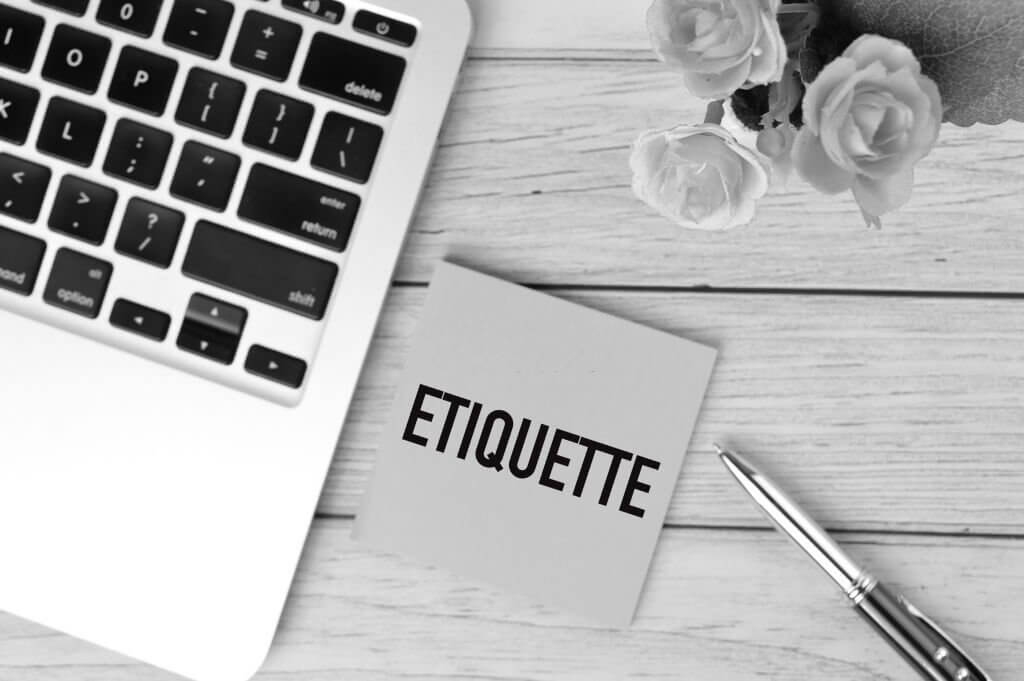Canada is a diverse and welcoming country known for its polite and friendly citizens. Canadian etiquette and manners play a significant role in the daily lives of its people, as they believe in respecting others, embracing cultural differences, and fostering a sense of community. This article explores various aspects of Canadian etiquette and manners, offering insights into the customs and behaviors that define Canadian social interactions.
Greetings and Introductions
Canadians are known for their warm and friendly demeanor, and greetings play a vital role in establishing a positive first impression. A firm handshake, direct eye contact, and a genuine smile are commonly used to greet both friends and strangers. It is customary to address people by their first names, even in professional settings.
Punctuality Matters
Punctuality is highly valued in Canadian culture. Being on time for appointments, meetings, and social gatherings demonstrates respect for other people’s time and commitments. If you anticipate being late, it is considered polite to inform the concerned parties in advance.
Personal Space and Boundaries
Canadians value personal space and tend to maintain a respectable distance when interacting with others. It is essential to be mindful of others’ boundaries and avoid intrusive behavior. A friendly and respectful attitude is highly appreciated.
Dining Etiquette
When invited to a Canadian home for a meal, it is customary to arrive on time and bring a small gift, such as flowers or a dessert. Table manners are essential, and guests are expected to wait for everyone to be served before beginning to eat. Chewing with your mouth closed and expressing appreciation for the meal are also valued practices.
Apologies and “Sorry” Culture
Canadians are known for their frequent use of the word “sorry.” They use it not only to apologize for mistakes but also as a way to express empathy and politeness. Saying “sorry” when someone else bumps into you is a common example of this cultural norm.
Respect for Multiculturalism
Canada is a culturally diverse country, and Canadians take pride in their multicultural heritage. Embracing and respecting different cultures, religions, and traditions is a fundamental aspect of Canadian etiquette.
Gift-Giving Tradition
Gift-giving is a common practice in Canada, particularly during holidays and special occasions. Gifts are usually wrapped neatly and opened immediately to express appreciation. Gift cards are also acceptable, as they allow the recipient to choose something they desire.
Canadian Communication Style
The Canadian communication style is often described as friendly, polite, and non-confrontational. Canadians tend to avoid aggressive language and value open-mindedness in discussions. Active listening and giving others a chance to express their opinions are considered important aspects of communication.
Socializing and Networking
Canadians enjoy socializing and networking both in personal and professional settings. Engaging in small talk is a way to build connections, and discussing topics like weather, sports, and current events is common in social gatherings.
Queuing and Line Etiquette
Canadians are known for their patience and respect for queuing in lines. Pushing or cutting in line is generally frowned upon, and waiting for your turn is considered a sign of good manners.
Environmental Awareness
Canadians have a strong sense of environmental responsibility. They are conscious of their ecological footprint and participate in recycling and conservation efforts to protect the environment.
Tipping Culture
In Canada, tipping is a customary practice to show appreciation for good service. In restaurants, a standard tip of 15-20% of the total bill is expected. Tipping is also common for services such as taxi rides, haircuts, and hotel staff.
Public Behavior and Politeness
Public spaces in Canada are expected to be treated with respect. Littering and disruptive behavior in public places are discouraged. Canadians take pride in keeping their surroundings clean and pleasant for everyone.
Celebrations and Festivals
Canadians celebrate a diverse range of cultural, religious, and national festivals. These celebrations often involve parades, music, food, and a sense of community participation.
Conclusion
Canadian etiquette and manners are built on principles of respect, inclusivity, and kindness. Embracing multiculturalism, valuing personal boundaries, and displaying polite behavior are essential aspects of Canadian social interactions. By understanding and adopting these customs, visitors and newcomers can experience the true warmth and friendliness that define Canadian society.
FAQs on Canadian Etiquette and Manners
What is the official language of Canada?
Canada has two official languages: English and French. English is more widely spoken, particularly in the western provinces.
Are Canadians reserved or outgoing?
Canadians are generally known for their friendliness and approachability. While some individuals may be reserved, most are outgoing and welcoming.
What are some traditional Canadian dishes?
Some traditional Canadian dishes include poutine, maple syrup, butter tarts, and Nanaimo bars.
How do Canadians celebrate Canada Day?
Canada Day, celebrated on July 1st, involves various festivities, including fireworks, concerts, parades, and outdoor activities.
What is the significance of the Canadian flag?
The Canadian flag, also known as the Maple Leaf, was adopted on February 15, 1965, and represents unity, tolerance, and peace.



